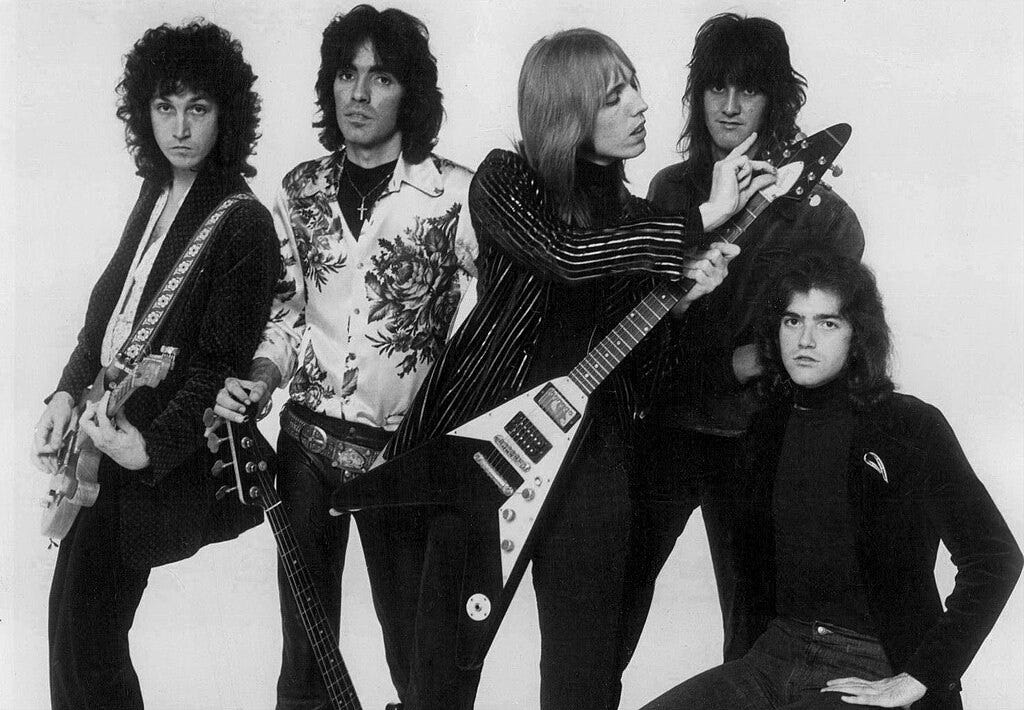1701 — Captain Kidd Hanged for Piracy and Murder
image generated using Google Gemini
On this date in 1701, Captain William Kidd (1645-1701) was hanged in London, England for piracy and murder.
Born in Scotland, Kidd settled in New York in 1690. In 1695, when he was supposedly hunting pirates for the New York Governor on Britain’s behalf, Kidd apparently turned to piracy himself, capturing a commercial vessel filled with valuables that had as its captain an Englishman. Suspiciously, Kidd sailed the vessel to Madagascar, a stronghold of privateers (pirates).
However, when Kidd found out that he was wanted for piracy, he sailed for New York and turned himself in, in order to defend himself against this accusation; he was arrested and taken to London, England.
Kidd was found guilty, possibly as a result of a Tories vs. Whigs politically-motivated vendetta against him. Whether he was innocent or guilty, or to what extent he was guilty, rumors still circulate that there is hidden booty of Kidd’s (the ship he took, the Quedagh Merchant, was filled with gold, guns, jewels, silk, and sugar) that is waiting to be discovered.
public domain image from wikimedia commons
Questions: Why did Kidd’s Whig sponsors fail to defend him against the Tories? Do you think any of the treasures that had been aboard the Quedagh Merchant are still waiting to be found in Madagascar or elsewhere? If somebody were to find the treasure, how much (if any) of it would they be allowed to keep? If all of it, how much (if any) taxes would they have to pay on it, and to which government? Did anybody ever call him Billy Kidd?
1934 — Bonnie & Clyde Killed
public domain images from wikimedia commons
Clyde Barrow (born 1909) and Bonnie Parker (born 1910) died on this day in 1934. Six Texas and Louisiana lawmen joined forces to waylay the pair, firing a volley of bullets at them while hiding behind bushes as the outlaw pair wheeled down a country road outside of Sailes, Louisiana.
Similar to Jesse James, Bonnie and Clyde were viewed by many people as Robin Hood types and became romantic figures to a portion of the populace. Truth be told, Bonnie and Clyde did not disseminate their ill-gotten gains to the needy, and they killed thirteen people during their two-year-long crime spree (Jesse James was also a vicious homicidal maniac as well as a ruthless racist).
The following is what I wrote about Bonnie and Clyde (and other gangsters of the era) in my book Still Casting Shadows: A Shared Mosaic of U.S. History — Volume 2: 1914-2006:
Being a gangster in 1934 wasn’t all it was cracked up to be, or all it had been during the prohibition years, which lasted from 1920–1933. With organized crime and smalltime scofflaws no longer cornering the market on liquor—which people will consume in good times and bad, in sickness and in health, whether legal or not (some contrarians probably taking to it during the prohibition out of curiosity or because of the excitement of engaging in some thing previously mundane but now thrilling due to its illegality)—the big names of the underworld were scrambling to find other ways of earning a dis honest buck.
The curtain seemed to be drawing closed on the gangster era this year. Al Capone was already in jail, having been nabbed for income tax evasion three years earlier, in 1931.
The FBI (Federal Bureau of Investigation) was organized this year to com bat gangsterism, a social plague that had been fertilized by prohibition and exacerbated by the Depression. In years to come, its mission would become much broader in scope.
It didn’t take long for the FBI to get their first men (and woman). Bonnie Parker and Clyde Champion Darrow were killed by FBI agents May 23rd in Sailes, Louisiana. Also killed in separate incidents this year were anti-heroes Charles Arthur “Pretty Boy” Floyd, Lester J. Gillis (“Baby Face Nelson”), and John Dillinger.
Many of these outlaw gunman happened to be from the Midwestern states—“Pretty Boy” Floyd was from Oklahoma, Bonnie & Clyde from Texas, Dillinger from Indiana, and the Barkers from Missouri. Perhaps they were drawn to crime partially due to the lack of economic opportunity in their respective areas at the time. The farming areas from which these gangsters hailed were especially hard hit, with the double whammy for some of them of the Great Depression and the Dust Bowl. This is not an excuse for their actions (the vast majority of people not following suit), but may have provided a nudge in that direction or provided them with a convenient “rationalization” for their misdeeds.
Questions: Have you seen the 1967 movie Bonnie and Clyde? Have you heard Georgie Fame’s song The Ballad of Bonnie and Clyde? Have you heard the Merle Haggard song The Legend of Bonnie and Clyde written by Haggard with his then-wife Bonnie Owens?
1979 — Tom Petty Doesn’t Back Down
public domain (Tom Petty is in the center holding a guitar) image
In order to protect himself from the predatory (read: shady or unethical) business practices of his record label, popular singer/songwriter/bandleader Tom Petty (1950-2017) filed for bankruptcy on this date in 1979.
Petty felt he had been coerced into signing a contract that was to his great disadvantage. With an album by his band Tom Petty and the Heartbreakers ready to be released, Petty held it back until he got a better deal, which he ultimately did. It ended up working out for both parties, as that album (Damn The Torpedoes) went double platinum (meaning it sold two million or more copies in the U.S. alone).
Relations between Petty and his label turned acrimonious again in 1981 when, thinking they could get away with charging a dollar more for the next Petty album due to he and his band having advanced from very popular to ultra-popular, Petty balked at this “surcharge” put on his fans. This move made Petty even more popular with his fans, and the record company ultimately backed down, selling the album (Hard Promises) at the then-standard price of $8.98 (instead of $9.98, which they had planned to do).
Questions: Have you heard Petty’s 1989 song I Won’t Back Down? What is your favorite Tom Petty song? What is your favorite Tom Petty and the Heartbreakers album? Who is or was your favorite Tom Petty bandmate in The Traveling Wilburys (Bob Dylan [born 1941], George Harrison [1943-2001], Jeff Lynne [born 1947], or Roy Orbison [1936-1988])?
Read about “The Secret Lives of Kids” here.










